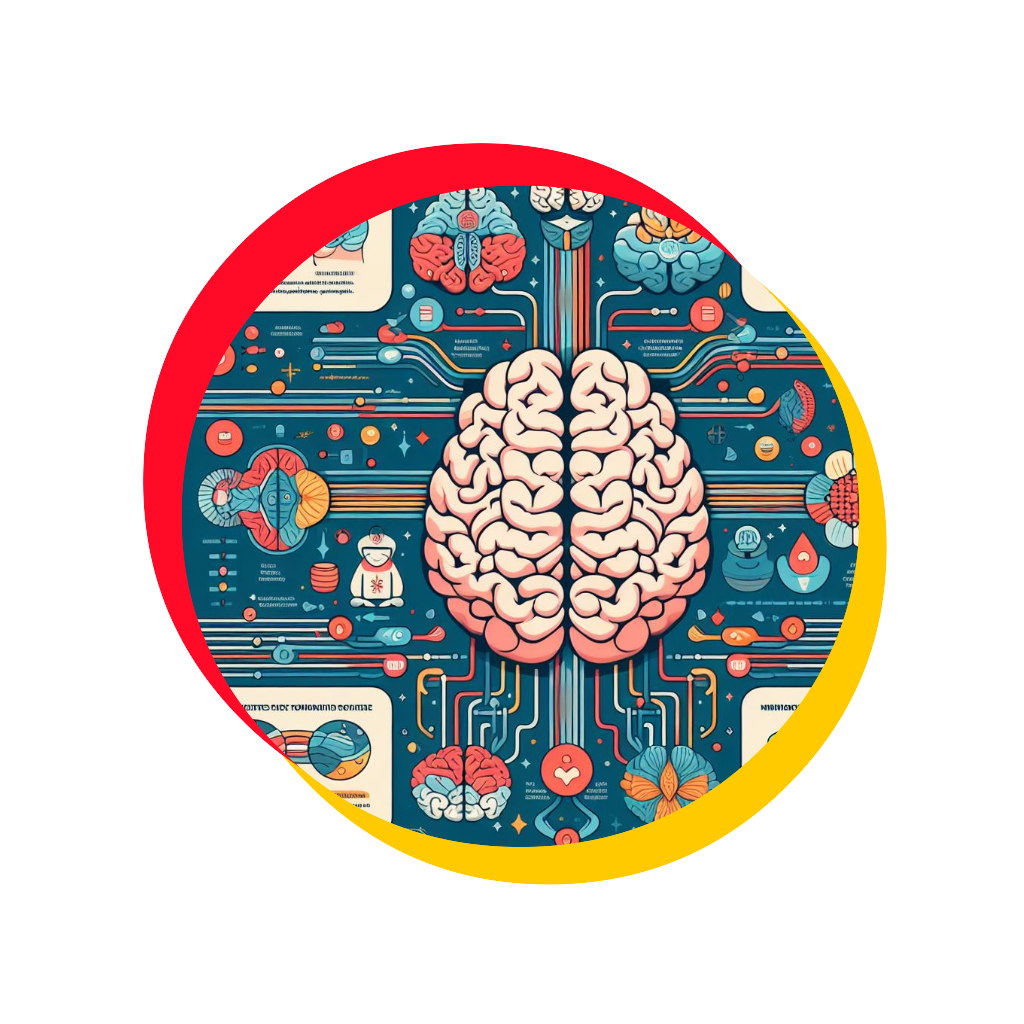We’ve all heard the stories: “She can eat anything and stay thin!” or “My family has always struggled with weight.” While these anecdotes highlight a real phenomenon, the truth behind genetics and body composition is more nuanced than simple inheritance. Let’s delve into the fascinating science of genes and their influence on fat loss and body composition.
The Complex Dance of DNA
Our genes are the instruction manuals that build and regulate our bodies. They influence a multitude of factors related to weight, including:
- Basal Metabolic Rate (BMR): This is the number of calories your body burns at rest. Genetics play a role in how efficiently your body uses energy.
- Appetite Regulation: Certain genes influence hormones like leptin and ghrelin, which signal hunger and satiety, respectively. Variations in these genes can affect how much you eat.
- Fat Storage and Distribution: Genes determine how your body stores fat and where it accumulates. Some may be predisposed to store more fat around the belly, a risk factor for health problems.
- Exercise Response: Genetic variations can influence how your body adapts to exercise, impacting muscle building and calorie burning efficiency.
Nature vs. Nurture: The Interplay
While genetics provide the groundwork, environment plays a crucial role in shaping your body composition. Here’s how these forces interact:
- Expression Matters: Genes don’t always dictate our outcomes. Lifestyle factors like diet and exercise can influence gene expression, meaning they can turn certain genes on or off. This highlights the power of healthy habits to counteract some genetic predispositions.
- Epigenetics: This field explores how environmental factors can alter gene expression without changing the DNA code itself. For instance, chronic stress can impact genes related to metabolism.
So, Does This Mean You’re Doomed by Your Genes?
Absolutely not! Here’s the good news:
- Genetics Don’t Dictate Destiny: Research suggests genes account for 40-70% of weight variation. That means a significant portion is under your control!
- Lifestyle is King: A healthy diet and regular exercise are powerful tools to influence body composition, regardless of your genetic makeup.
- Personalized Strategies: Emerging research on gene-diet and gene-exercise interactions may pave the way for personalized weight loss plans in the future.
Taking Charge of Your Health
While genetic testing for weight loss isn’t mainstream yet, you can focus on what you can control:
- Build a Sustainable Diet: Focus on whole, unprocessed foods, adequate protein, and healthy fats. This approach promotes satiety and supports a healthy metabolism.
- Find Activities You Enjoy: Regular exercise is key. Explore different activities until you find something you genuinely like, making it easier to stick with long-term.
- Prioritize Sleep: Chronic sleep deprivation can disrupt hormones that regulate appetite and metabolism. Aim for 7-8 hours of quality sleep each night.
- Manage Stress: Stress hormones can trigger cravings and hinder weight loss efforts. Explore stress-management techniques like yoga or meditation.
- Listen to Your Body: Pay attention to hunger and fullness cues. Don’t deprive yourself, but avoid mindless eating.
The Future of Genetics and Weight Loss
Empowered by Knowledge: Understanding the role of genetics in fat loss can be empowering. It takes the blame off your shoulders and emphasizes the importance of a holistic approach. Embrace your unique biology, but don’t let it become an excuse. Focus on the lifestyle changes you can make, and celebrate the progress you achieve, one healthy step at a time!
Remember: Weight loss is a marathon, not a sprint. Celebrate small victories, and don’t get discouraged by setbacks. By adopting healthy habits and a positive mindset, you can achieve and maintain a healthy body composition regardless of your genetic makeup.
However, it’s crucial to remember that genetics are just one piece of the puzzle. A focus on healthy habits and a sustainable lifestyle will always be the cornerstone of successful weight management. By combining this knowledge with future advancements in personalized medicine, we can move towards a future where everyone has the tools to achieve a healthy body composition.
The field of personalized medicine is constantly evolving. While genetic testing for weight loss isn’t definitive yet, ongoing research holds promise. Imagine a future where understanding your genetic makeup allows for tailored dietary and exercise recommendations to maximize your fat loss potential.









